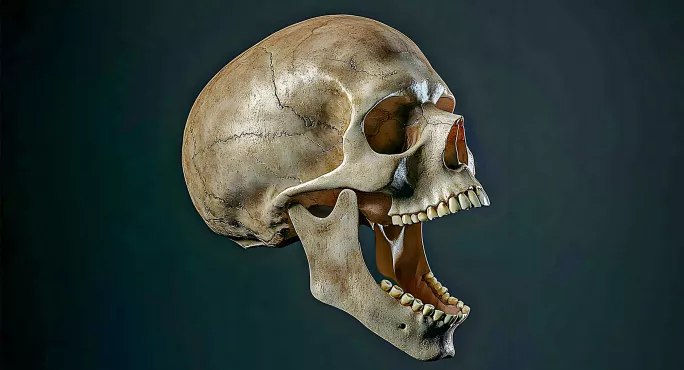The biology curriculum is filled with fascinating facts. Students learn about cell biology, genetics, ecosystems and human anatomy; all concepts that are fundamental to understanding the living world.
However, a key question remains. Does the curriculum truly prepare them for the world they live in?
In many schools the key stage 3 curriculum is heavily focused on ensuring that students have the knowledge required for key stage 4 exams. While having this knowledge is important, this approach can sometimes result in a narrow view of what biology is and its relevance to the everyday lives of students.
As educators, we must ensure that our teaching goes beyond textbook definitions and engages with real-world issues that will affect our students long after they leave the classroom.
When we redesigned our KS3 curriculum, we started with the national curriculum as our foundation. But we also asked ourselves a critical question: what do we want our students to understand about the world? This led us to include topics that reflect modern-day challenges and broaden students’ understanding of biology’s relevance in today’s society.
Biology teaching for the real world
For example, our Year 7 students learn about bioaccumulation of plastics in the oceans and its devastating impact on marine life. By connecting this topic to figures like Greta Thunberg and the broader climate change movement, students are better able to understand the urgency of environmental issues. It’s not just about learning what bioaccumulation is, but why it matters.
We also introduce students to the diverse scientists who played a crucial role in developing the Covid-19 vaccines. This not only emphasises the importance of scientific collaboration across the globe but also helps students to appreciate the contributions of individuals from various backgrounds. Diversity in science should be highlighted, not just as a token gesture but as an essential aspect of how historical breakthroughs are achieved (highlighting diversity is something that we do across all of our subjects).
The biology curriculum also offers an opportunity to address health issues that are increasingly relevant to our students’ lives. By including cancer and its treatments in the curriculum, we acknowledge that one in three people will be affected by cancer at some point in their lives. It’s vital that young people understand the science behind such prevalent diseases, how treatments are developed and the ongoing research aimed at combating them.
Students deserve a curriculum that prepares them not only for exams but also for the challenges and opportunities of the modern world.
Ultimately, the biology curriculum should strive to be more than a set of facts to memorise. It should empower students to think critically, make informed decisions and understand their role as global citizens.
As educators, we have a responsibility to ensure that our teaching reflects the realities of the world we live in and prepares students to thrive within it.
Pav Aujla is quality of education leader (science) at the Creative Education Trust
For an indispensable look at the week’s biggest stories and talking points, sign up for our Weekly Debrief newsletter





